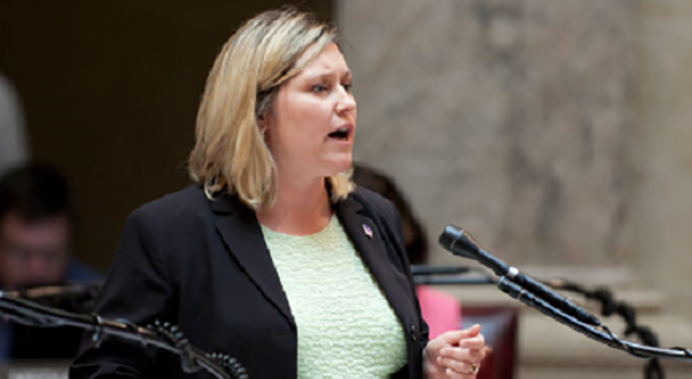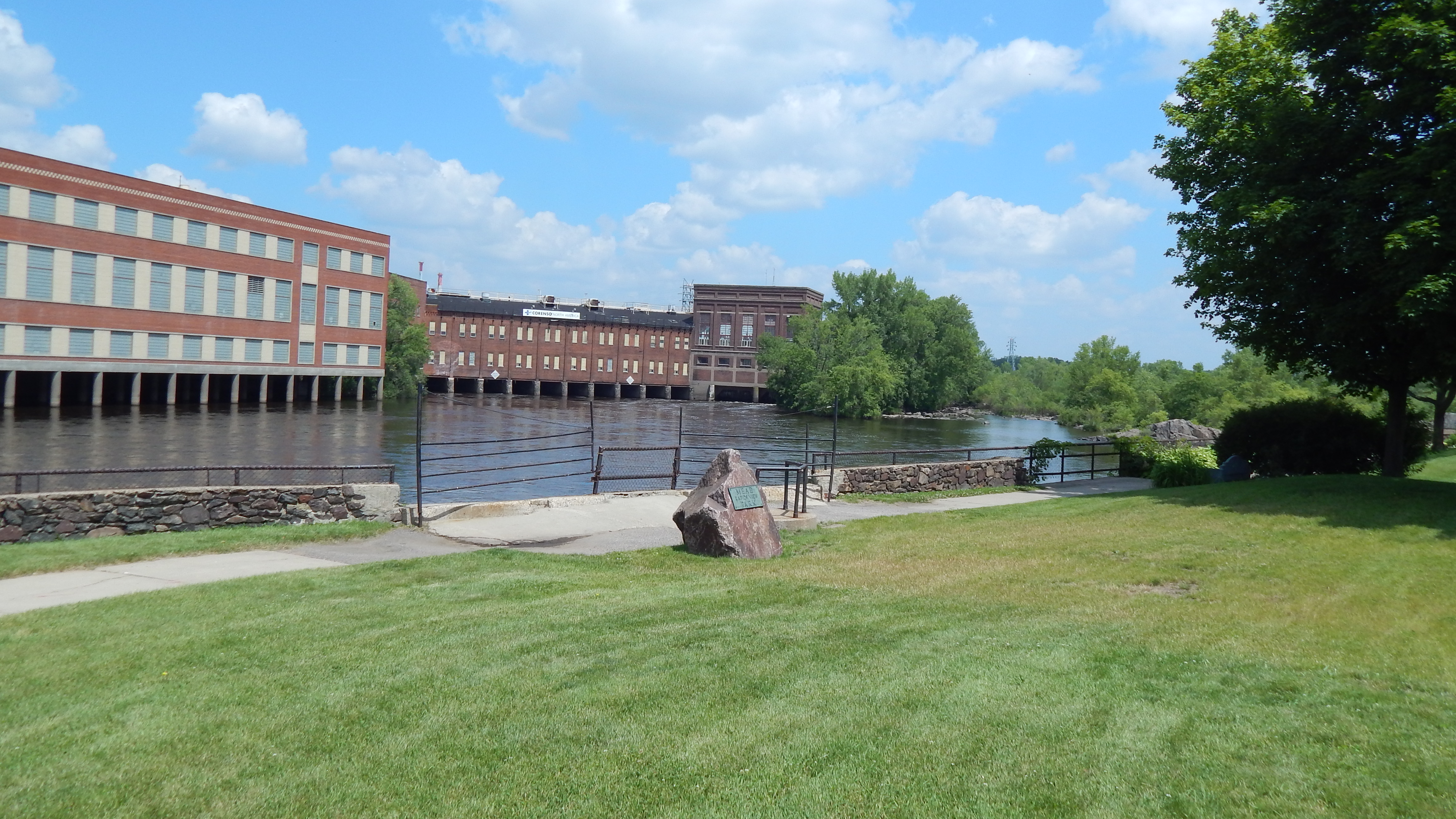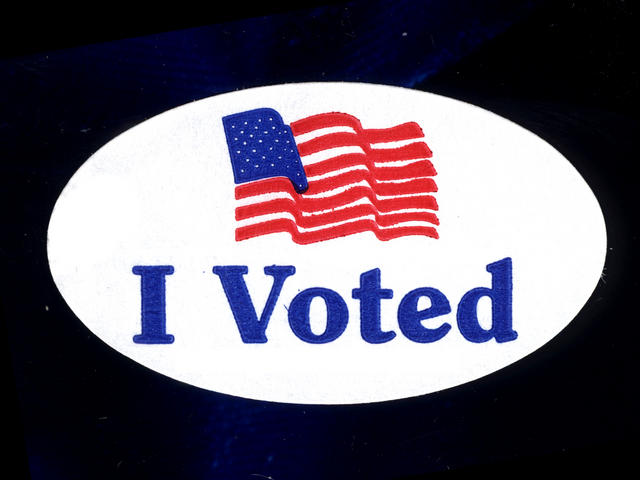Lassa Column: Evidence That Wisconsin’s Middle Class is in Decline

For the City Times
A new report by the Pew Research Center sheds light on a problem Wisconsin’s middle-class families are all too aware of. In nearly all of Wisconsin’s metro areas the percentage of those in the middle class fell between 2000 and 2014.
In an earlier study, Pew showed that Wisconsin’s middle class was shrinking faster than any other state. This latest study shows the drop in middle-class incomes in our state is one of the largest in the nation.
As middle class incomes decline, the cost of living continues to grow, eroding the buying power of middle-class families. Both in Wisconsin and nationwide, the decline in average income levels has led Pew researchers to actually lower the definition of “middle class” by more than $5,000 a year.
Why is Wisconsin’s middle class eroding so quickly? Simply put, the good-paying manufacturing jobs on which the state has traditionally relied so heavily, and which were lost in staggering numbers during the global economic collapse of 2008-2010, haven’t returned. Ever since Governor Walker and the Republican majority in the Legislature declared the state “open for business,” Wisconsin has lagged the national average in new job creation, and most of the jobs that have been created pay low wages and have few if any benefits.
Unfortunately, the last six years have seen Wisconsin committing itself to policies that contribute to declining incomes. New anti-worker laws have undermined the collective bargaining rights that used to support higher wages for all workers. The Legislature has refused to raise the minimum wage, repealed our equal pay protections, and made it harder for people to collect unemployment benefits they are rightfully due. These policies are certainly making things harder on middle-class workers and their families.
It’s bad enough that Wisconsin’s middle-class families feel like they are working harder than ever and yet are falling farther and farther behind. But the middle class is like the canary in the coal mine; its health predicts the health of our entire economy. Middle class incomes have been the fuel that fired our consumer economy, and middle class taxpayers support the schools, roads, first responders, and other vital services we all rely on. The decline of Wisconsin’s middle class does not bode well for the economic future of our state.
It’s not as if we don’t have answers to this problem. I and my fellow Democratic legislators have introduced proposals to help small businesses flourish and create better-paying jobs. We supported legislation to build Wisconsin’s skilled workforce to enable advanced manufacturing firms to locate and grow here. We advocated for a higher minimum wage, the foundation that supports better pay for employees at every level. We fought for policies to help middle class families cope with the costs of balancing family and work, and to ease the burden of higher education debt that holds so many young families back. We backed common-sense proposals to rebuild our roads and expand our broadband, and to restore the disastrous cuts to our schools and universities, the drivers of our economic growth.
Republicans can’t continue to focus their energies on doing expensive favors for special interest groups while they ignore the plight of Wisconsin’s shrinking middle class. We need to invest in policies that will help make sure that people who are willing to work hard and play by the rules can look forward to a brighter future in our state.





